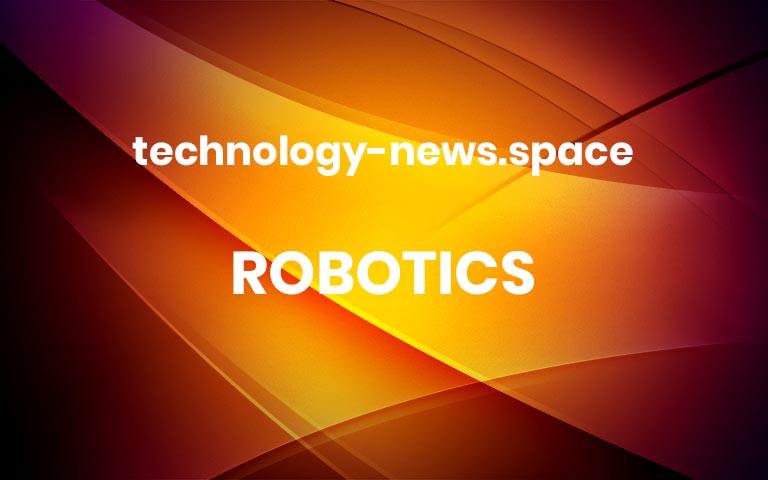Is Meta secretly scanning your phone’s camera roll? Check this setting to find out ASAP
These steps don’t work for me. Why? The steps above, which I’ve verified using the Facebook app for iPhone, may vary on Android devices. Samsung users, for instance, must do the following: Open Facebook > Go to Profile/Menu > Tap the gear icon in the upper right > Scroll down to “Camera roll sharing suggestions” and select it > You’ll see the two camera roll sharing toggles. Also: Facebook’s local job listings are back – how to use the social network to find a gigDefinitely go to Facebook’s support hub if you need more help. You basically have to find the Settings and privacy menu in the Facebook mobile app, and from there, you can find “Camera roll sharing suggestions” and disable the options. Why is Facebook cloud-processing my device’s camera roll? Meta is uploading and analyzing your camera roll photos and videos, even ones you haven’t posted, in its cloud in order to generate AI-powered suggestions like collages, monthly recaps, themed albums, or AI-restyled versions of your images. Where is this feature available? Meta says the feature has rolled out in the US and Canada and remains opt-in. It is not available in Illinois or Texas due to those states’ privacy laws. Will Meta train its AI on my camera roll photos? Meta says the camera roll media uploaded by this feature to make suggestions won’t be used to improve AI at Meta unless you edit the suggestions with its AI tools or publish those suggestions to Facebook. Did Facebook ask for my consent before turning this on? Meta is showing a pop-up asking users if they want to enable cloud processing, but some users claim they haven’t seen it. Instead, they found the toggles in their settings switched on without their knowledge, raising questions about whether clear consent was given. More



